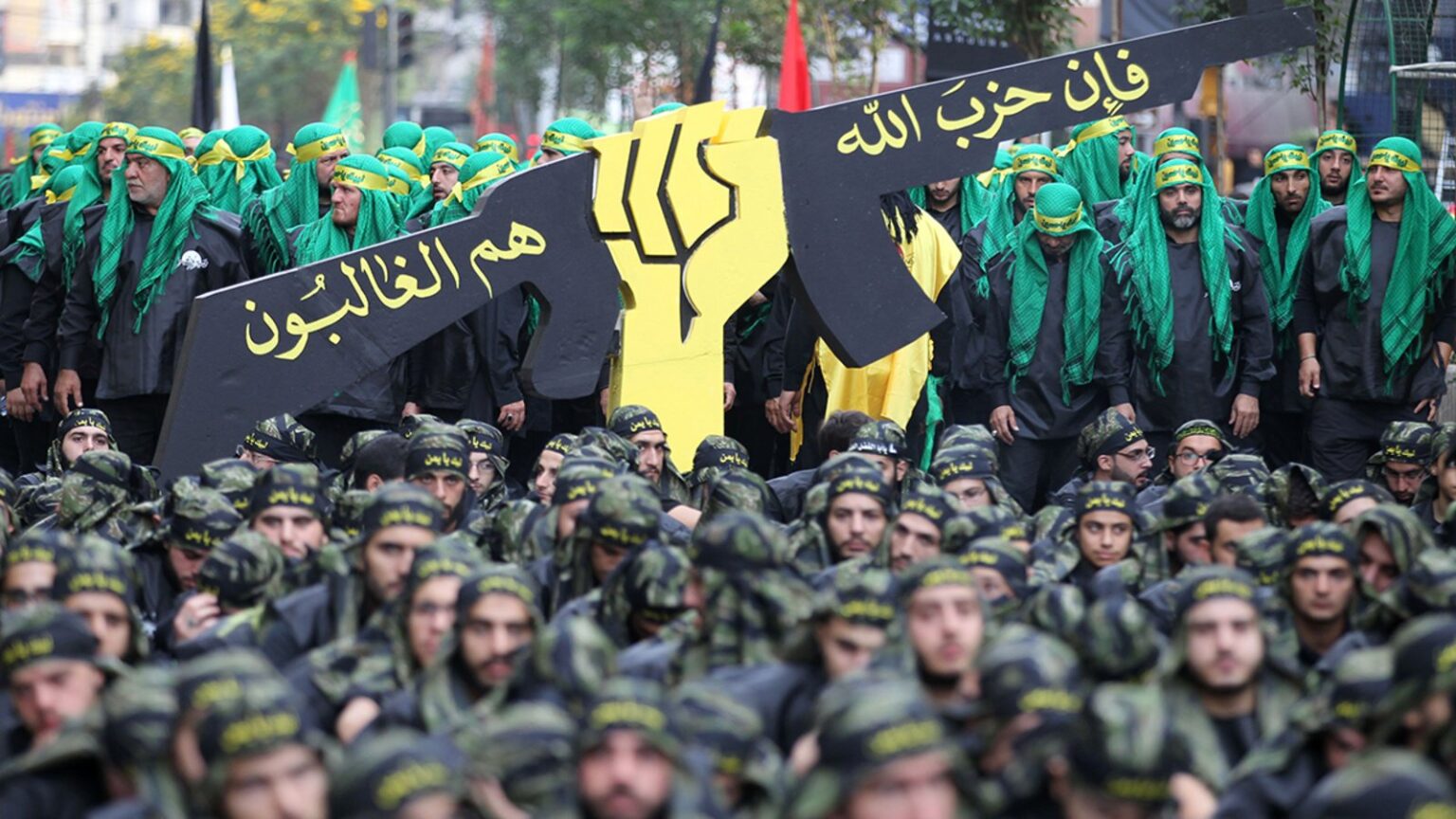The Iran Press recently reported a serious incident occurring on the periphery of southern Lebanon’s Chehabiyeh town wherein an Israeli drone purportedly targeted a car leading to the demise of a man on Monday.
The victim, identified as Muhammad Mustafa Ayoub – known colloquially as Jalal, was a confirmed member of Hezbollah, the Shiite political and military group based in Lebanon. This was affirmed by the organization itself in an official statement issued following the incident; marking it as a serious escalation in the ongoing tensions between Israel and Lebanon.
Born in the mid-1970s, Ayoub was a 45-year-old veteran with substantial tenure within the organization’s network. His loss adds to the increasing string of casualties sustained by Hezbollah in recent years, shedding light on the simmering conflicts in West Asia.
Hezbollah, in its bereavement of Ayoub’s death, termed him a martyr for Al-Quds, an alternate Arabic name for Jerusalem undergoing political contention. This narrative underscores the deep-seated historical conflict that continues to punctuate peace efforts in the region – the Israel-Lebanon conflict, which has its roots dating back to the establishment of the State of Israel in 1948.
This incident marks another chapter in the ongoing geopolitical game of chess endured by these adversaries, where every action carries with it the echoes of their shared history; enacted on an ever-evolving board, with Jerusalem at the heart of their dispute. The statement issued by Hezbollah, hailing Ayoub as a martyr for Al-Quds, signifies their unwavering commitment towards Jerusalem, hence affirming the deeply entrenched historical connotations that this conflict bears.
This recent airstrike in Lebanon, resulting in the death of a Hezbollah member, further exacerbates the situation in an already simmering cauldron of geopolitical conflict. Such incidents serve as grim reminders of the instability engulfing the West Asian region and the urgent need for lasting peace agreements.
